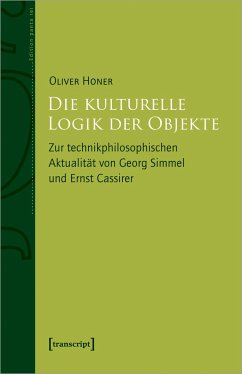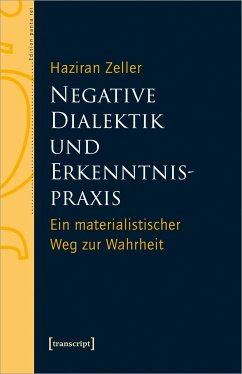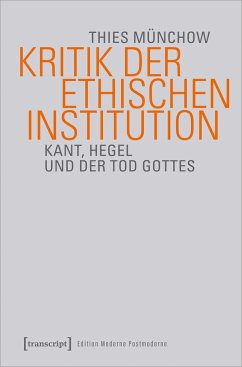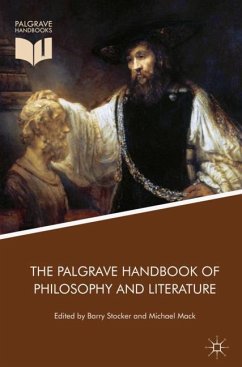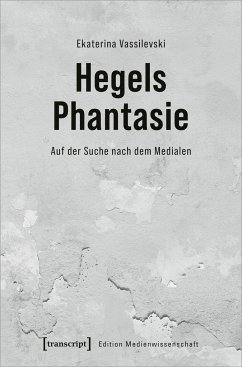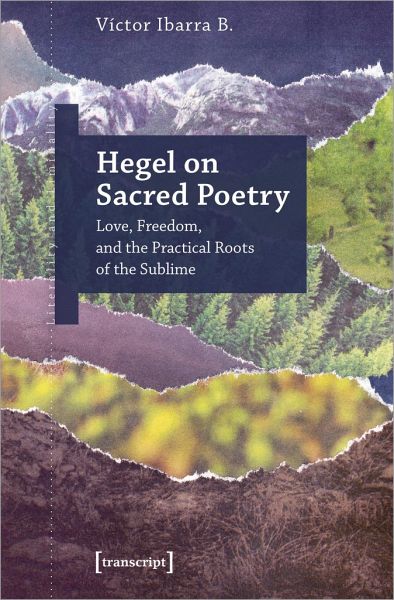
Hegel on Sacred Poetry
Love, Freedom, and the Practical Roots of the Sublime

PAYBACK Punkte
19 °P sammeln!
In his aesthetic reflections, Hegel identifies the Judaic Psalms, which he calls sacred poetry, as the core of the sublime. While it has often been suggested that Hegel showed little interest in the notion of sublimity, Ibarra B. contends that this interpretation is misleading and warrants further elucidation. Introducing a new perspective, he argues that a careful examination of Hegel's remarks on sacred poetry reveals a critique of the notion of agency as depicted in the Psalms. By revisiting Hegel's early works predating 1800 and his dispute with Kant's concept of freedom, this studyoffers ...
In his aesthetic reflections, Hegel identifies the Judaic Psalms, which he calls sacred poetry, as the core of the sublime. While it has often been suggested that Hegel showed little interest in the notion of sublimity, Ibarra B. contends that this interpretation is misleading and warrants further elucidation. Introducing a new perspective, he argues that a careful examination of Hegel's remarks on sacred poetry reveals a critique of the notion of agency as depicted in the Psalms. By revisiting Hegel's early works predating 1800 and his dispute with Kant's concept of freedom, this studyoffers a practical account of Hegel's view on sublime art within the framework of his philosophy of love.
Dieser Artikel kann nur an eine deutsche Lieferadresse ausgeliefert werden.




